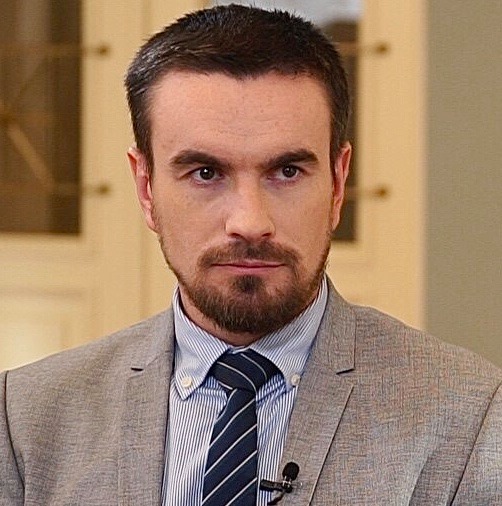We are pleased to present the twenty-seventh issue of Belarus Foreign Policy Index, in which we analyze Belarus’s foreign policy in the five key dimensions in July and August 2015. In July and August, the relationship between
Belarus and Russia evolved mostly within the framework of the Eurasian Economic Union (EEU). Nevertheless, the key issues on the bilateral agenda were effectively resolved: Moscow extended a loan for Belarus to repay previous debts, and an increase in crude oil deliveries to Belarus was approved. Slump continued in two-way trade; however, the negative trend somewhat slowed.
The normalization of Belarus’s relationship with the European Union continued: dialogue on human rights resumed, and Brussels lifted sanctions from some Belarusian individuals and companies. In late August, the Belarusian president pardoned all political prisoners — this decision by the Belarusian administration removes one of the key obstacles to further promotion of its relations with the EU and may become a breakthrough paving the way for a new quality trend.
The essence of the Belarus–China relationship lay in the intensification of collaboration between Belarusian and Chinese regions. In the meantime, the two countries were preparing for Aliaksandr Lukashenka’s visit to China, where the two heads of state are planning to address some of the outstanding problems.
In the “Developing World” Belarusian diplomats focused on South Asia. This was mostly due to the trend for the promotion of relations with Pakistan, which first emerged two years ago. Belarus’s relationships with the Middle East are still going through a hard phase: they narrowed and continued only at a low official level. Contacts in the military and technical sector with the developing countries that are allies of the West continued.
The country’s relations with Ukraine gained momentum. President Lukashenka spoke about the need to involve the United States in the efforts to resolve the crisis in the east of Ukraine. Uladzimir Makiej’s multi-day visit to Ukraine showed that Minsk was interested in pursuing broader regional cooperation with the involvement of the Baltic States.
Read the full text of the twenty-seventh issue of Belarus’ Foreign Policy Index in PDF




